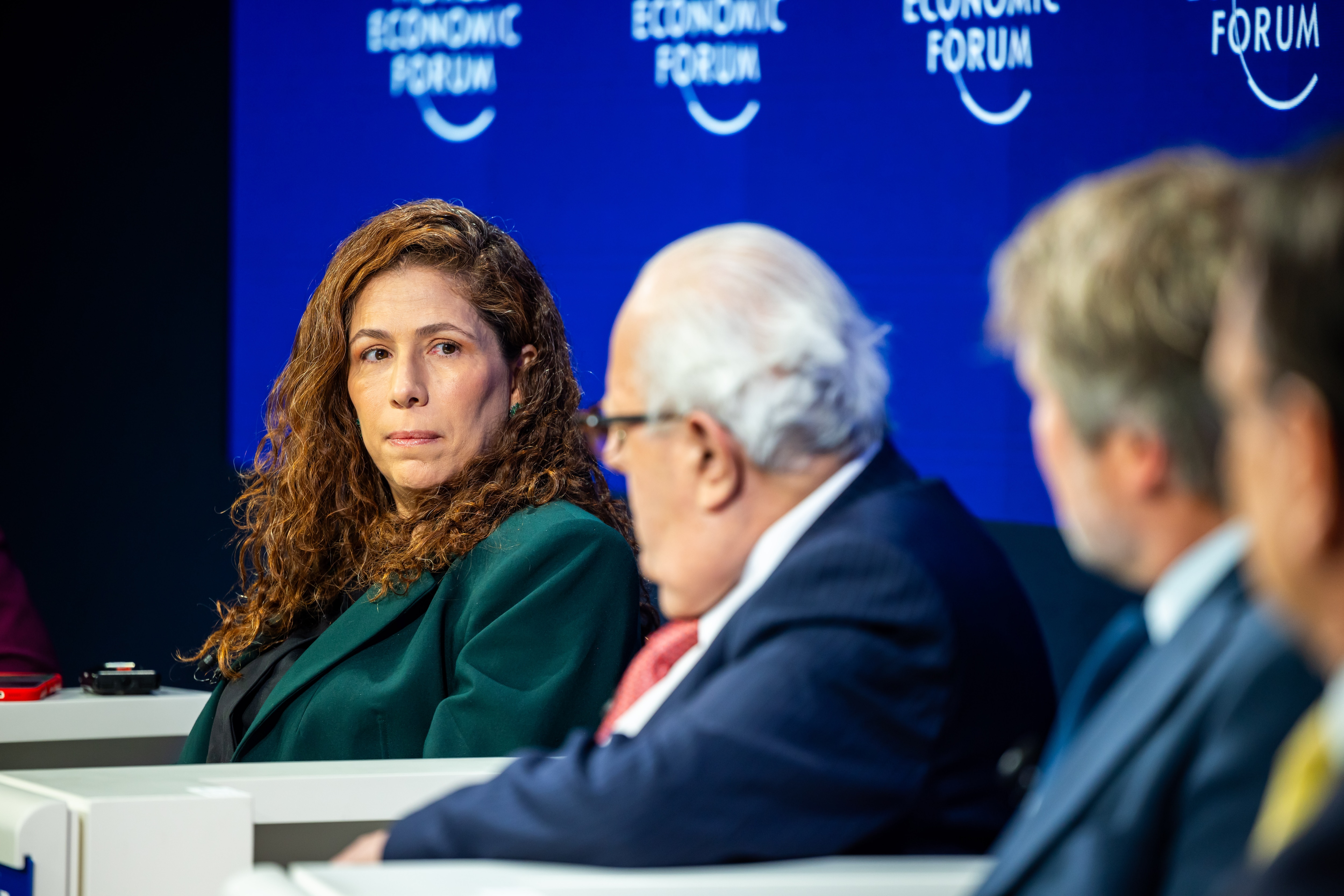Going to the movies helped these Ugandan students pass their exams

An inspiring movie was found to motivate young children to pass their exams, showing the significance of cinema. Image: REUTERS/Daniel Becerril
Who doesn’t enjoy an afternoon at the movies? Yet sometimes a cinema screening can be more than just fun. An experiment in Uganda demonstrates how an inspiring, relatable figure in a movie can actually help students to pass their math exams.
We all benefit from role models, whether it’s in school, work, or our personal life. A role model shows us how we can be more or achieve more. In Madagascar, a role model (in this case, an “educated person with high income, who grew up in the local school district”) sharing her life story at a school significantly increased students’ test performance. (Notably, the effect only materialized when the role model had come from a poor background, not when she came from a well-off background.) In Uganda, women who work in male-dominated sectors – and subsequently make much more money – point to the importance of role models in showing them they can succeed.
In some cases, that role model can even come through the screen of a cinema. In Uganda last year – between a week and a month before their final exams – about 1,600 secondary school students came to a special screening at the movies. Half of them – selected randomly – watched Queen of Katwe, the story of a low-income, out-of-school Ugandan girl (Phiona) who learned to play chess and ultimately enjoys a better life. As Emma Riley, the author of the experiment, writes, “Phiona goes from nothing, living in the slums and selling corn to passing drivers, to getting into the top school in Kampala, succeeding at chess and achieving her dreams. She does this while overcoming numerous difficulties along the way, all through hard work and perseverance.” In other words, Phiona is a great role model. You can get the gist of the movie from the trailer below.
The other half of the students saw Miss Peregrine’s Home for Peculiar Children, a fun, adventure movie, but not one likely to motivate you, unless your goal is to battle monsters.
What happened on test day? For students in Senior 4 (the fourth year of secondary school), there were much less likely to fail their math exam: 84 percent of those who watched Queen of Katwe passed the exam, whereas only 73 percent of those who didn’t passed. The impacts were even bigger for girls and for those whose previous exam scores weren’t so good. In other words, the students who may have related most to Phiona (a poorly educated girl) were those who responded most to her role modeling.
The intervention cost only about $5 per student, and Riley argues that if implemented at a larger scale, one could show the film in schools rather than at the cinema, at much lower cost. In case you worry that the impact is just that kids got to go to the movies, and so they’re inspired to pass their tests so that they can get good jobs and afford to go to the movies, remember that these results are comparing two groups of kids who all got to go to the movies, but some saw the role model (Phiona) and some saw a British boy battling monsters.
For the econometrically minded reader, the author filed a pre-analysis plan and adjusted her analysis for multiple hypothesis testing.
How long does the impact of seeing a cinematic role model endure? We don’t know. Of course, even if the effects are short-lived, passing a major end-of-year exam might be worth the investment.
Don't miss any update on this topic
Create a free account and access your personalized content collection with our latest publications and analyses.
License and Republishing
World Economic Forum articles may be republished in accordance with the Creative Commons Attribution-NonCommercial-NoDerivatives 4.0 International Public License, and in accordance with our Terms of Use.
The views expressed in this article are those of the author alone and not the World Economic Forum.
Stay up to date:
Africa
Related topics:
Forum Stories newsletter
Bringing you weekly curated insights and analysis on the global issues that matter.
More on Geographies in DepthSee all
Naoko Tochibayashi
February 17, 2026






